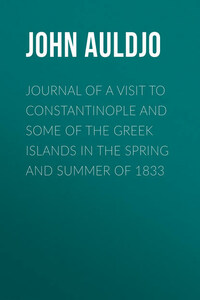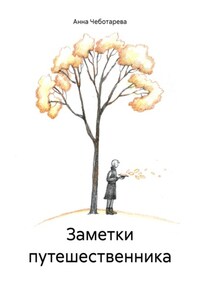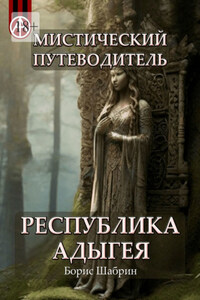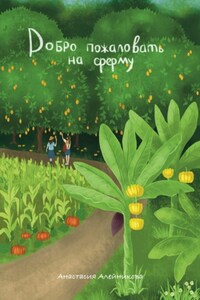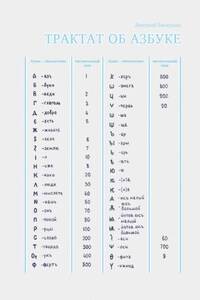The publication of the pages of a journal in the crude and undigested form in which they were originally composed appears so disrespectful to the public, that it requires some explanation. They were written, "currente calamo," among the scenes they describe; more as a record of individual adventure, and to fix the transient impressions of the moment for the after gratification of the author, than with any hope of affording amusement during an idle hour, even to those who might feel an interest in all he saw and noted.
The intense curiosity, however, which exists at present to learn even the minutest particulars connected with Greece and Turkey, and the possibility that some of his hurried notices might not be altogether devoid of interest, have induced the author to submit them to the public attention. In so doing, he has preferred giving them in their original state, with all their defects, to moulding them into a connected narrative; his object being not to "make a book," but to offer his desultory remarks as they arose; to present the faint outline he sketched upon the spot, rather than attempt to work them into finished pictures.
With some hope, therefore, of receiving indulgence from the critics, whose asperity is rarely excited except by the overweening pretensions of confident ignorance and self-sufficiency, he ventures on the ground already trodden by so many distinguished men, whose works, deep in research, beautiful in description, and valuable from their scrupulous fidelity, have left little to glean, and rendered it a rather hazardous task for an humble and unskilful limner to follow in their wake.
While thus disclaiming all pretensions to the possession of their enviable talents, still, if the author should succeed in affording his readers a few hours' pleasure from the perusal of his Journal, or enable any one to re-picture scenes he may himself have visited, the principal object of its publication will have been attained.
Naples, April, 1835.
JOURNAL OF A VISIT TO CONSTANTINOPLE, ETC
DEPARTURE OF THE ACTÆON.Saturday, 6th April, 1833.– Well! All seems at length arranged, and the oft postponed departure of H. M. S. Actæon for Constantinople, will probably take place this evening. But is there no chance of a further detention? Yes; and many a palpitating heart watches anxiously the state of the heavens.
The morning had been dark and stormy, and heavy vapours rolled along from the north: about noon, however, the weather brightened; yet an occasional cloud, passing over and discharging its liquid contents on the lovely Naples, afforded some expectation that the evening might prove unfavourable. If there were heaving bosoms on shore, there were responding hearts on board; where there were few, indeed, who did not feel some pang at bidding the syren city farewell.
The St. Lucia was thronged with numerous groups of pedestrians, and a long line of carriages, with "weeping beauty filled," – all manifesting a deep interest in the scene. Sailors have generous hearts, which, like wax, are soon warmed, and easily impressed; but as easily the image may be effaced. Thus ladies assert, that blue jackets
"In every port a true love find."
Reflections akin to these, probably, may have tortured more than one of the fair spectators; and mamma, perhaps, considered it extremely mortifying that an opportunity was not given to land the prize, as well as hook it; and that sailors, like jacks, were exceedingly difficult to catch.
Boats pass rapidly to and from the ship; – the yards are manned; the ambassador's flag flies at the main; and as the smoke from the salute cleared away, the shore, with its precious and weeping burthen, was seen fast receding from the sight. The Actæon had actually sailed; and the white handkerchiefs, with the ivory arms that waved them, gradually became lost to the view, till distance mingled the entire scene into one grey mass, and
"All was mist, and Naples seen no more."
Such were the transactions that marked the 6th of April, 1833, when I became one of the ship's company, and received an honourable place in her log.
ISLAND OF CAPRI.We were compelled to pass close under Capri1, and its bold perpendicular cliffs towered magnificently above us, casting a deep shadow over the vessel as she sailed along. There was little wind outside the isle, and we were nearly becalmed; but this delay was amply compensated by the extreme beauty of the night. The brilliant moon, shining with far greater lustre than I ever remember to have witnessed, during the height of summer, in less favoured climes, lighted up with its silver beams the whole of that beautiful coast extending along the bay of Salerno, from Amalfi to Palinuro. Long did I remain upon deck, gazing on
